Leigh MacMillan
-

Large, diverse genetic study of glaucoma implicates vascular and cancer-related genes
An international genetic study using multiancestry biobanks has identified novel genetic locations associated with primary open-angle glaucoma, the most common type of glaucoma and the leading cause of irreversible blindness globally. Read MoreFeb 21, 2024
-

Hartmann named director of UK Center for Clinical and Translational Science
Katherine Hartmann, MD, PhD, Vice President for Research Integration for Vanderbilt University Medical Center, has been named director of the University of Kentucky (UK) Center for Clinical and Translational Science. Read MoreJan 17, 2024
-

‘Molecular Muse’ exhibit features Artist-in-Residence program’s science-inspired art
The “Molecular Muse” art exhibit on display in Light Hall is a sampling of pieces from the Vanderbilt Institute for Infection, Immunology, and Inflammation Artist-in-Residence (VI4-AiR) program, which brings together scientists and artists to create and promote art as a visual science communication tool. Read MoreJan 16, 2024
-

Gut microbiota metabolite protects against obesity: study
Vanderbilt researchers have discovered that beneficial bacteria in the small intestines produce a compound that protects against obesity. Read MoreDec 8, 2023
-

Pasteurization reduces bioactive component of breast milk
Pasteurization of breast milk affects the concentration of osteopontin, a bioactive protein with roles in intestinal, immunological and brain development — suggesting that osteopontin supplementation should be considered when donor milk is provided to preterm infants. Read MoreDec 6, 2023
-

Study links gene network and pancreatic beta cell defects to Type 2 diabetes
A comprehensive study that integrates multiple analytic approaches has linked a regulatory gene network and functional defects in insulin-producing pancreatic beta cells to Type 2 diabetes. Read MoreDec 4, 2023
-
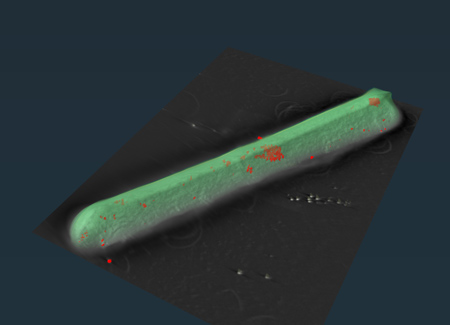
Novel C. diff structures are required for infection, offer new therapeutic targets
Vanderbilt research discovers that iron storage “spheres” inside the bacterium C. diff — the leading cause of hospital-acquired infections — are important for infection in an animal model and could offer new targets for antibacterial drugs. Read MoreNov 15, 2023
-

Study discovers role for gut bacteria in host-pathogen competition for nutrients
Vanderbilt research shows that commensal gut microbes impact the host-pathogen competition for iron and have implications for therapeutic strategies aimed at preventing pathogens from acquiring essential nutrients. Read MoreOct 27, 2023
-

Vanderbilt-led team receives 2023 Endeavor Award from The Mark Foundation for Cancer Research
A multidisciplinary team of investigators has received a 2023 Endeavor Award from The Mark Foundation for Cancer Research to support four closely linked projects exploring the fundamental mechanisms that drive the obesity-cancer connection, Read MoreOct 24, 2023
-

Researchers discover molecular signature for aggressive thyroid cancer
A Vanderbilt study found that a molecular signature that predicts aggressive thyroid cancer could help guide treatment approaches for patients. Read MoreSep 25, 2023
-
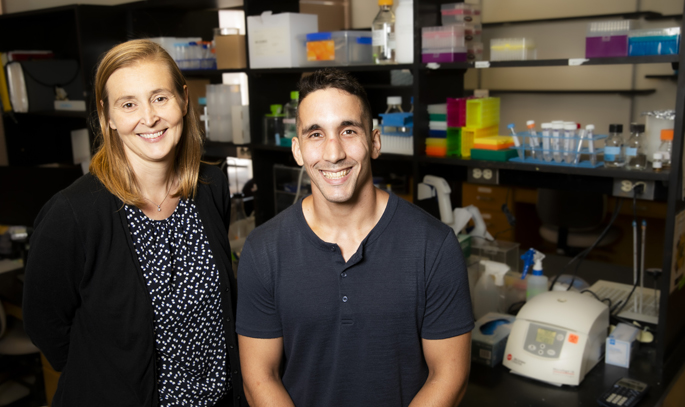
MicroRNAs in immune cells help protect against metabolic defects in obesity: study
Vanderbilt researchers have demonstrated that a cluster of microRNAs — small pieces of RNA that regulate gene expression — work in a type of immune cells called macrophages to help protect against metabolic defects in obesity. Read MoreSep 5, 2023
-
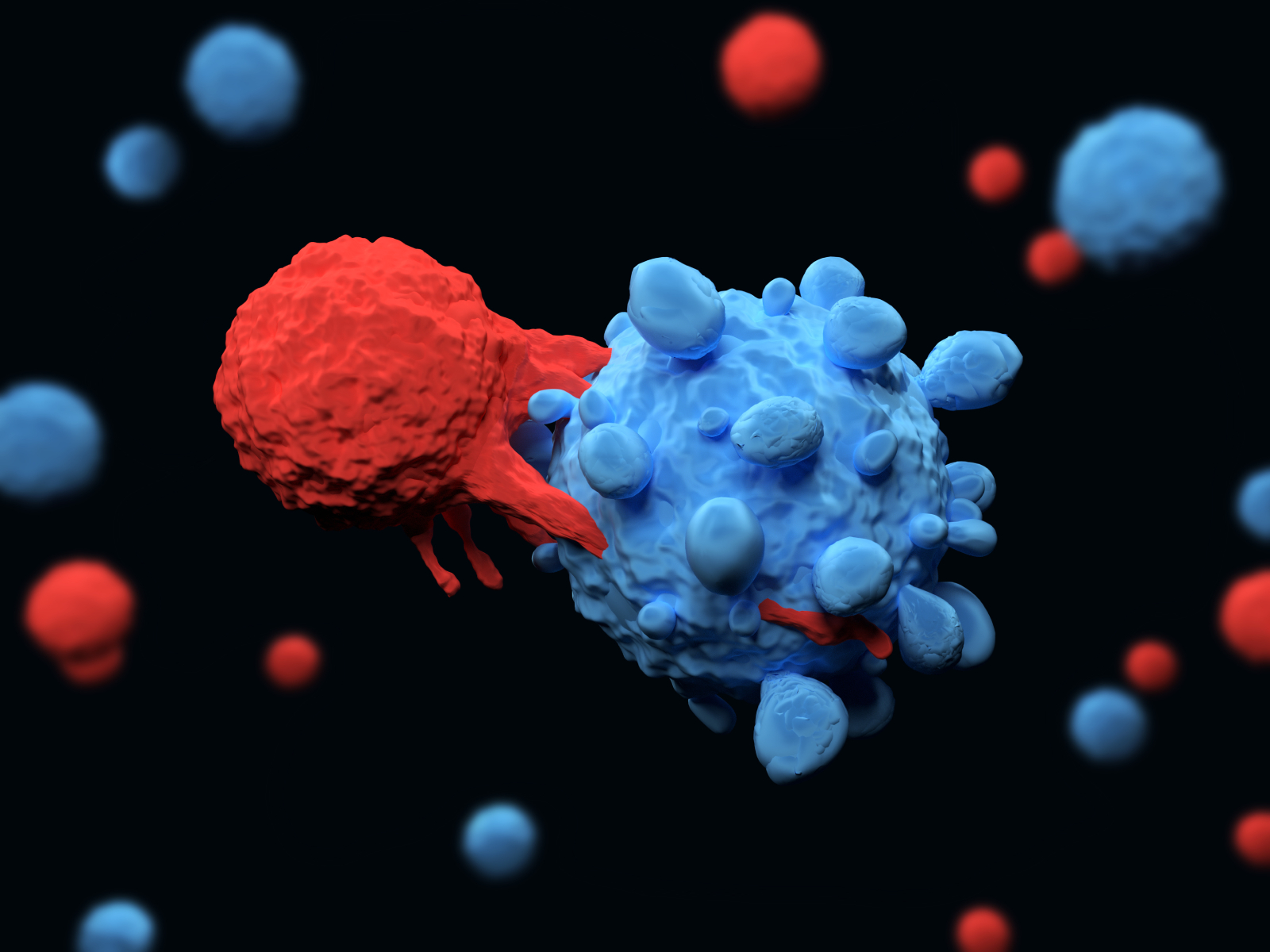
Study finds hallmarks of T cell exhaustion within hours of tumor exposure
Vanderbilt researchers found that that T cells become “exhausted” within hours of encountering a tumor, challenging existing ideas about how T cells become dysfunctional. Read MoreAug 3, 2023
-
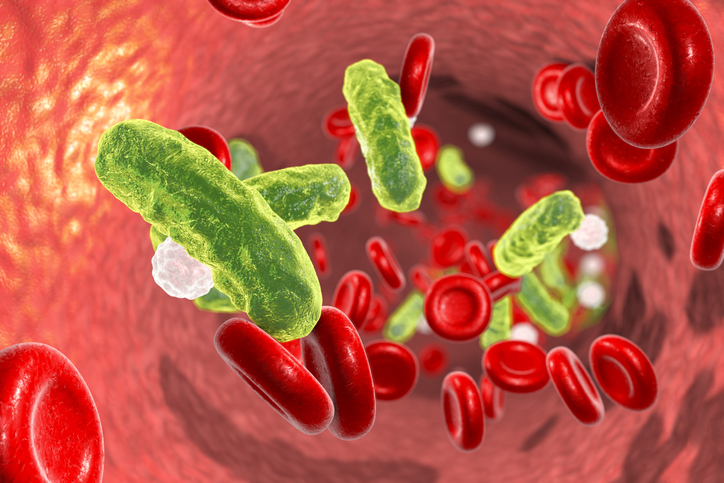
Persistent inflammatory state found in half of pediatric sepsis deaths: study
New research shows that about half of pediatric patients who died of sepsis over the past 20 years at Vanderbilt University Medical Center had evidence of an inflammatory state called persistent inflammation, immunosuppression and catabolism syndrome. Read MoreJun 29, 2023
-

Byndloss selected for Burroughs Wellcome Fund infectious disease award
Vanderbilt's Mariana Byndloss, DVM, PhD, is one of eight Burroughs Wellcome Fund 2023 Investigators in the Pathogenesis of Infectious Disease. Read MoreJun 7, 2023
-

Diabetes drugs associated with fewer adverse cardiac events in older veterans: study
Vanderbilt research finds that GLP1 receptor agonists — a class of diabetes medications — are associated with fewer major adverse cardiovascular events than another type of diabetes drug (DPP4 inhibitors) in older veterans with no prior heart disease. Read MoreMay 8, 2023
-
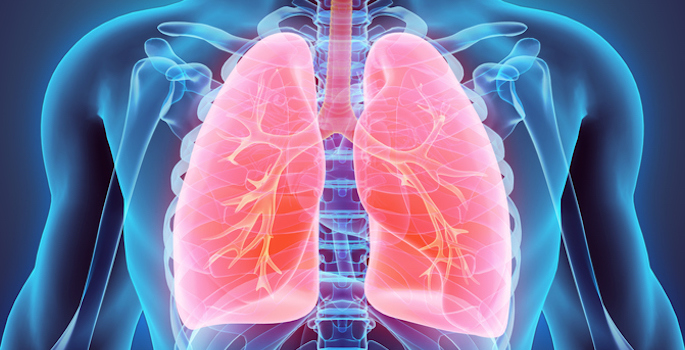
Tracking lung macrophages
A new technique will allow researchers to track subsets of immune cells that patrol and defend the lungs, to better understand the roles of these cells during lung inflammation, infection and injury. Read MoreMay 4, 2023
-
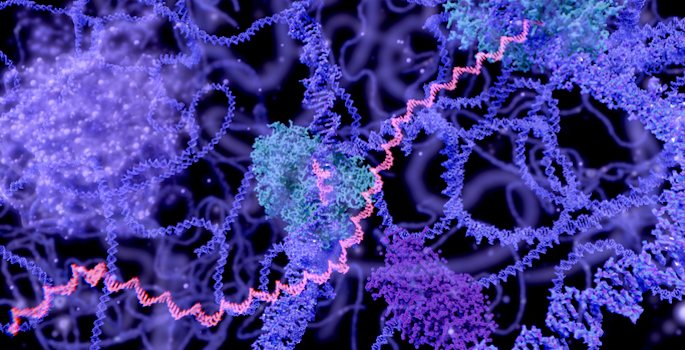
Study details RNA editing in virus-infected cancer cells
Vanderbilt researchers detail the landscape of RNA editing — a form of RNA modification — in primary effusion lymphoma cells during Kaposi’s sarcoma-associated herpesvirus infection and identify an edited viral microRNA that is critical for infection. Read MoreApr 20, 2023
-

Mathers Foundation award supports study of bacterial physiology
Vanderbilt's Wenhan Zhu, PhD, has received a three-year award from the G. Harold and Leila Y. Mathers Foundation to support his research that aims to answer a fundamental question about bacterial physiology and engineer probiotics to improve gut inflammatory diseases. Read MoreMar 23, 2023
-

Study evaluates polygenic risk score for prostate cancer risk prediction
A Vanderbilt study found that prostate cancer polygenic risk score has limited utility for enhancing prostate cancer screening. Read MoreMar 16, 2023
-

VUMC researchers upend dogma about vasopressin production
Vanderbilt investigators have discovered that vasopressin, which has long been thought to be produced only in the brain, is also produced in the kidney. Read MoreJan 5, 2023